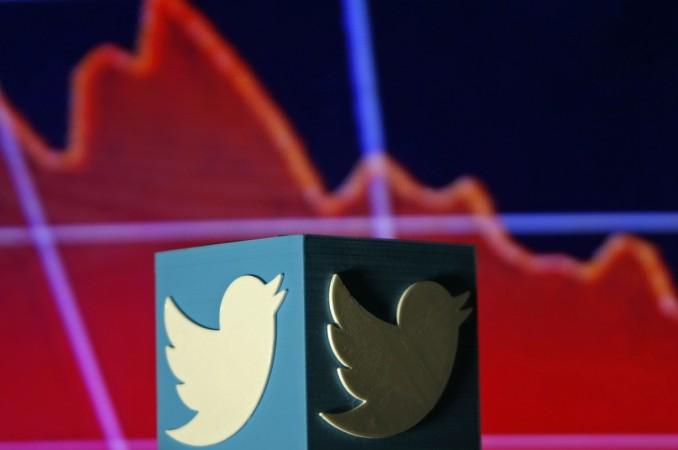
One thing that Twitter can inarguably boast about is its highly engaged user base. But what has essentially kept these users associated with the microblogging site for over a decade is its free service, supported by advertising. The company now wants to test whether its users would be interested in a paid version of TweetDeck, a dashboard application for management of Twitter accounts.
Although Twitter has confirmed the existence of a plan for an "enhanced version of TweetDeck," there is no indication to suggest that the company has finalised such a service. While it's also too early to determine whether a premium TweetDeck version will revive Twitter's fortunes, the service opening up a new revenue stream for the social network will be an educated guess.
"We're conducting a survey to assess the interest in a new, more enhanced version of Tweetdeck," a company spokesperson said. "We regularly conduct user research to gather feedback about people's Twitter experience and to better inform our product investment decisions, and we're exploring several ways to make Tweetdeck even more valuable for professionals."
Details of the survey had earlier got leaked on Twitter, when a journalist affiliated with the New York Times posted screenshots of the alleged paid version of TweetDeck.
Scoop: Twitter is developing an 'advanced TweetDeck' that would be available for monthly subscription fee & feature a range of new features: pic.twitter.com/MlKw8xZlVS
— Andrew Tavani (@andrewtavani) March 23, 2017
In the survey, Twitter asked users their opinions about whether they would be interested in an "advanced TweetDeck experience," which would provide them with "more powerful tools to help marketers, journalists, professionals, and others in our community find out what is happening in the world quicker."
The service, which would be ad-free, would also offer extra features, including advanced audience analytics tools to help users better monitor multiple timelines from multiple accounts on multiple devices, according to the leaked description. If brought to life, the new TweetDeck version would be in line with services from other social media firms like Microsoft's LinkedIn unit, which already have subscription versions offering additional features to paid users.
2 more notes on 'advanced TweetDeck': 1. Monthly subscription fee Twitter is exploring in the survey is $19.99. 2. Complete list of features pic.twitter.com/YEOf9AQ9bt
— Andrew Tavani (@andrewtavani) March 24, 2017
Unlike its much larger rival Facebook, Twitter has failed to find success in attracting enough in advertising revenue to turn a profit despite being a constant centre of attraction, given the US President Donald Trump's frequent blasts and its popularity with other celebrities.
In addition to its almost flat revenue growth, Twitter also experienced a dreary increase in the number of its users in the fourth quarter of 2016. It added only 2 million new users during the period – its fewest new recruits in at least three quarters – bringing the total number of monthly active users on the platform to 319 million.
Twitter's revenue in the fourth quarter was $717 million, up only 1 percent from $710 million in the same period a year earlier, but way below the $740.10 million expected on average by analysts. The company even said that its advertising revenue growth would continue to "lag audience growth due to the sales cycle" during 2017.
The following graph showcases how Twitter's quarterly revenue is falling over the last several quarters, affecting its overall growth rate:
What likely prompted Twitter to focus more on reaching profitability as an independent business was its failed attempt to find a potential buyer last year. It even laid off 9 percent of its workforce, sold its Fabric developer business to Google and discontinued its Vine short-video app.
However, what has apparently convinced Twitter to remain bullish on growth is the impact it has on its users.
"While we may not be meeting everyone's growth expectations, there's one thing that continues to grow and outpace our peers: Twitter's influence and impact," Twitter CEO Jack Dorsey said during the fourth quarter earnings call in February. "It's the reason we're all here fighting so hard for the service and company we love. It's been hard, it will continue to be hard, and it's all worth it."
A premium subscription version of TweetDeck, if embraced by its highly active users, could effectively help the company transform the entire platform into a more powerful command centre, while also heralding a new profitable revenue stream.

















